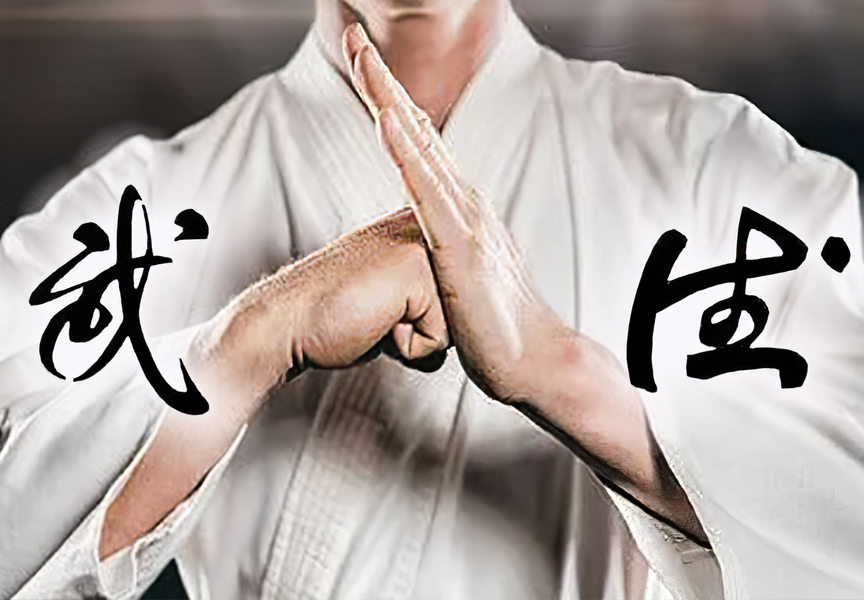Random Free Articles
- Sport Should Advocate Noble Competition
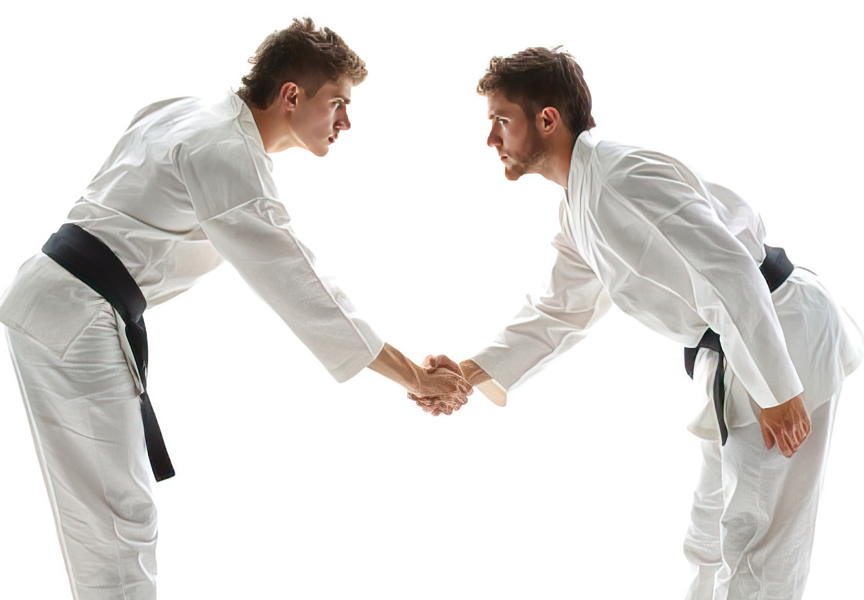
No To Violent Instincts and Discrimination Sport has always been a mirror reflecting human society, embodying ideals of teamwork, dedication, and the pursuit of excellence. However, in the heat of competition, it can also magnify humanity’s darker impulses, including violence, aggression, and even discrimination. In this context, it's crucial to emphasize that the true spirit of sport lies not in brute force or exclusion, but in noble…
- Τhe Εssence of Τayao
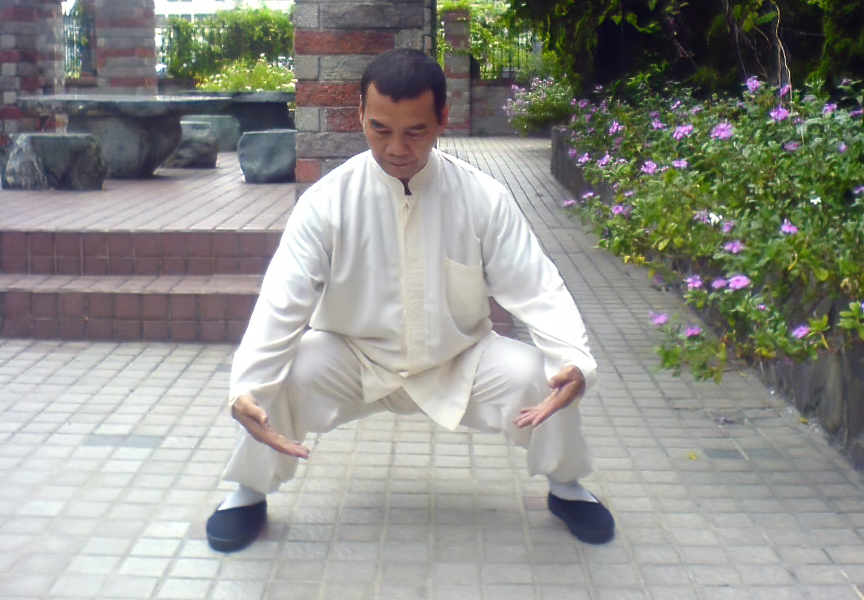
Ta Yao [Chin.: Tā yāo 塌腰], or sinking the waist, is a fundamental principle in Shaolin Rou Quan, which involves lowering the center of gravity and maintaining a flexible and rooted posture. This concept is not unique to Shaolin Rou Quan but is also essential in many other martial arts and sports. It involves dropping the waist and engaging the core muscles, creating a stable base for movement. It is this stability that provides Shaolin…
- Fenjie in Chinese Martial Arts
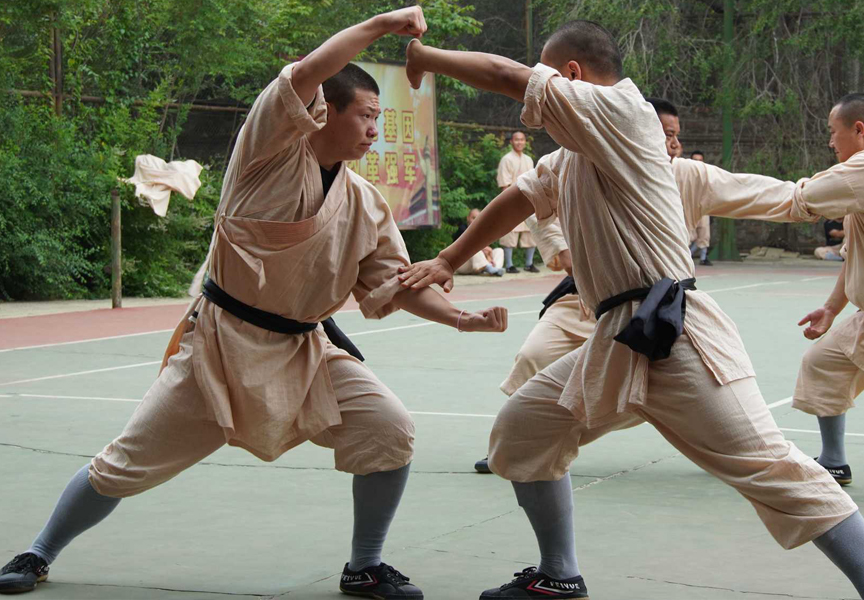
Dissecting Forms for Combat Mastery In the vast realm of Chinese martial arts, the term Fenjie, which translates to analysis or disassembly in English, holds significant importance. This concept is deeply embedded in the traditional practice of martial arts, especially when it comes to the study and application of various forms. Fenjie [Chin.: Fēnjiě 分解] involves the meticulous process of breaking down complex movements within a martial…
- Overcoming the First Hurdle
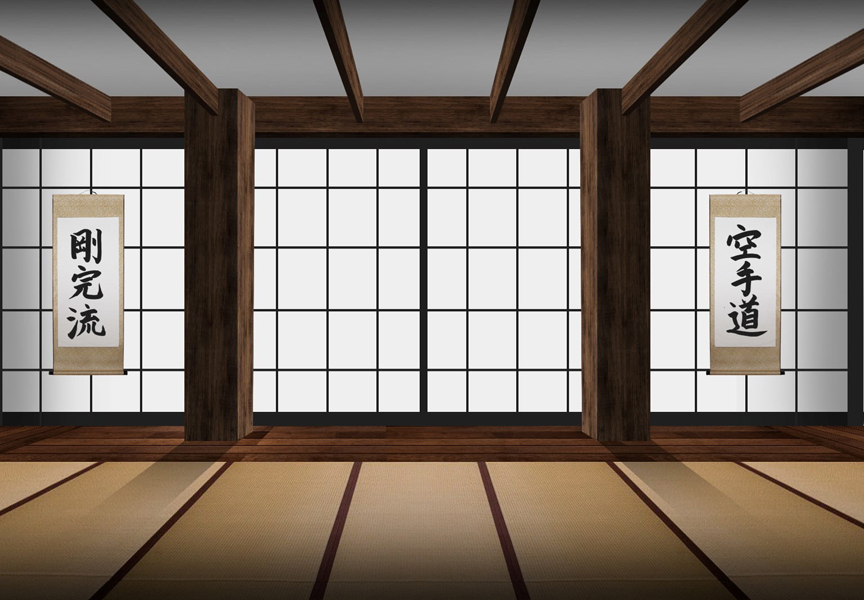
Walking into a Martial Arts Dojo for the First Time Embarking on the journey of learning martial arts can be a daunting prospect for many. The mystique surrounding the dojo and the myriad of preconceived notions can create mental barriers, often discouraging individuals from taking that first step through the front door. This article aims to demystify the most challenging part of starting martial arts – the initial act of walking into the…
- Ηeart to Ηeart Τransmission
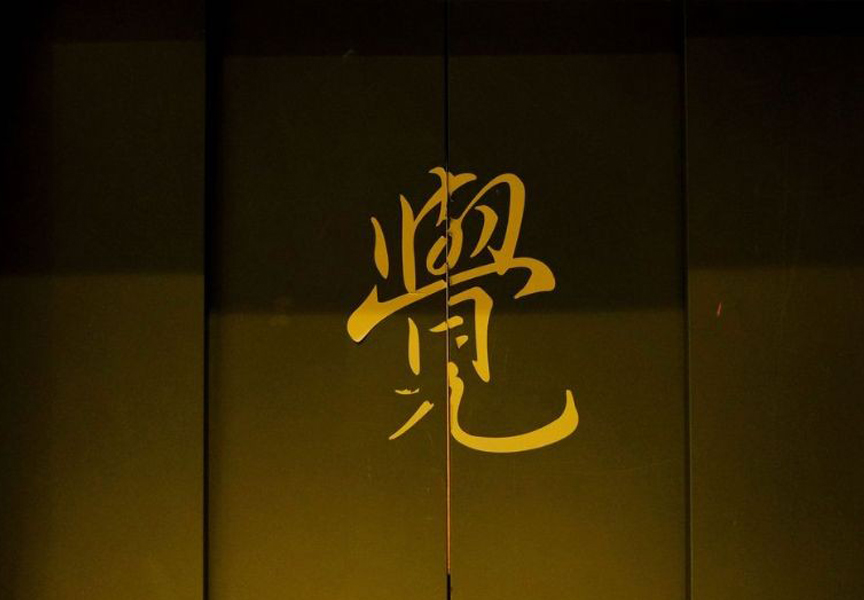
What the Heart Feels, the Mind Transmits Education is a multifaceted process that goes beyond the mere exchange of instructions. In the realm of learning and teaching, there exists a profound and often overlooked dimension known as "heart to heart transmission" [Chin.: FóXīn 佛心 | Jap.: Ishin-denshin]. This form of communication transcends the physical and intellectual, delving into a realm where profound understanding and…

